
The International Young Christian Workers (IYCW) joins the global community in commemorating the International Day for the Elimination of Violence against Women. This day stands as a collective call to action, a moment to reflect on the persistent injustices faced by women and girls worldwide and to renew our shared responsibility to defend equality, dignity, and peace.
Violence against women is a social and human rights crisis that undermines the very foundation of justice and humanity, and as such must be critically addressed.
The United Nations (2023) reports that one in every three women globally has experienced physical or sexual violence, most often inflicted by someone they know. This disturbing reality demonstrates that gender-based violence transcends borders, cultures, and social classes. It remains one of the most widespread yet least punished human rights violations in the world.
“My name is Bea, I am 24 years old, and I work in a factory in Taiwan. I had only been in my job for six months when my boss started asking me to work overtime. I agreed because I wanted to do my job well and keep my position.
One night, after our shift, while we were riding the bus home, he suddenly touched me and tried to kiss me. I was terrified. I resisted, but he threatened me and said that if I spoke up, he would find a way to have me fired. I stayed silent because I was afraid of losing my job.
He never tried to touch me again, but at work he began shouting at me constantly. Even the smallest mistakes became an excuse for him to insult me and use harsh words. Every day I felt scared of him, but I didn’t know who to talk to or how to ask for help. I carried the fear alone because I felt powerless to protect myself.”
Bea’s testimony reflects the experiences of countless women whose struggles remain invisible when protection systems fail and power imbalances go unchallenged.
As a movement rooted in the daily realities of young workers, the IYCW believes that the fight against gender-based violence must begin at the grassroots level, in families, workplaces, parishes, and communities. The movement recognizes that violence is not only physical but also economic, psychological, and social, often reinforced by structural inequalities and poverty.
Through our “See, Judge and Act” approach, IYCW has empowered young people to analyze their situations, reflect on the causes of injustice and act together for transformation. IYCW national movements are taking concrete steps to confront violence against women. These include raising awareness through education campaigns, strengthening young women’s leadership and advocacy skills, creating safe spaces for women, facilitating community dialogues to challenge harmful gender norms and advocating for safe and fair working conditions, especially for women in the informal sector.
Through these initiatives, IYCW contributes to building a society founded on respect, justice, and solidarity. Education, awareness, and youth participation are central to dismantling harmful stereotypes and promoting lasting equality. Governments and communities must also take stronger action to ensure accountability, justice, and protection for victims. Laws alone are not enough; they must be enforced with compassion and conviction.
We cannot claim to build a just world while women continue to live in fear. Every act of violence against a woman is an attack on humanity itself. It is our collective duty to speak, act and stand together to end this injustice. The elimination of violence against women is not only a women’s issue. It is a human rights issue, a justice issue and a shared moral responsibility.
On this International Day for the Elimination of Violence against Women, we renew our commitment to building a world where every woman and girl can live free from violence, free from fear and free to fulfil her potential. IYCW stands in solidarity with all women and girls who face violence and discrimination, and we pledge to strengthen our educational, advocacy and community work to ensure that every woman can live in safety, dignity and freedom.

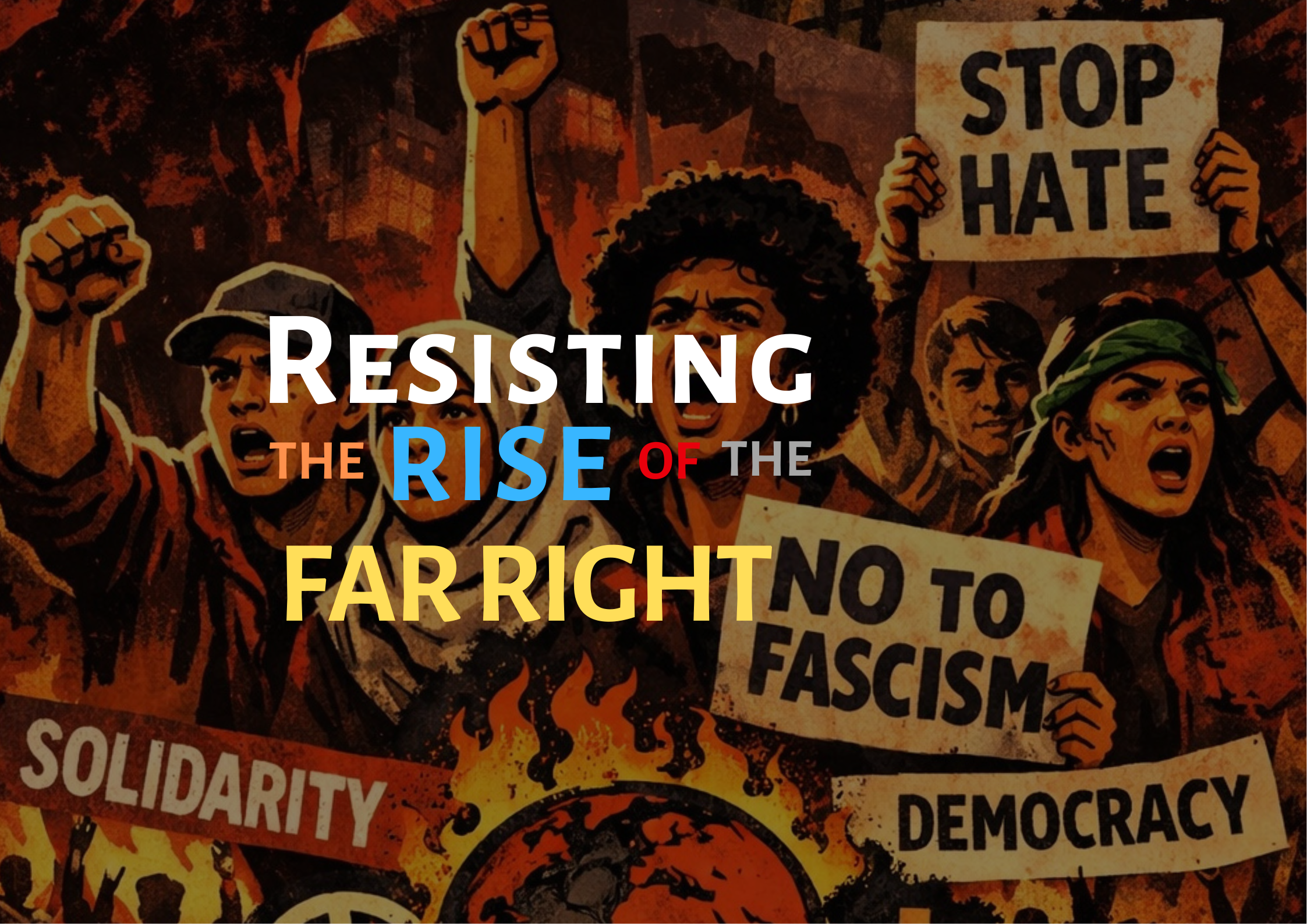
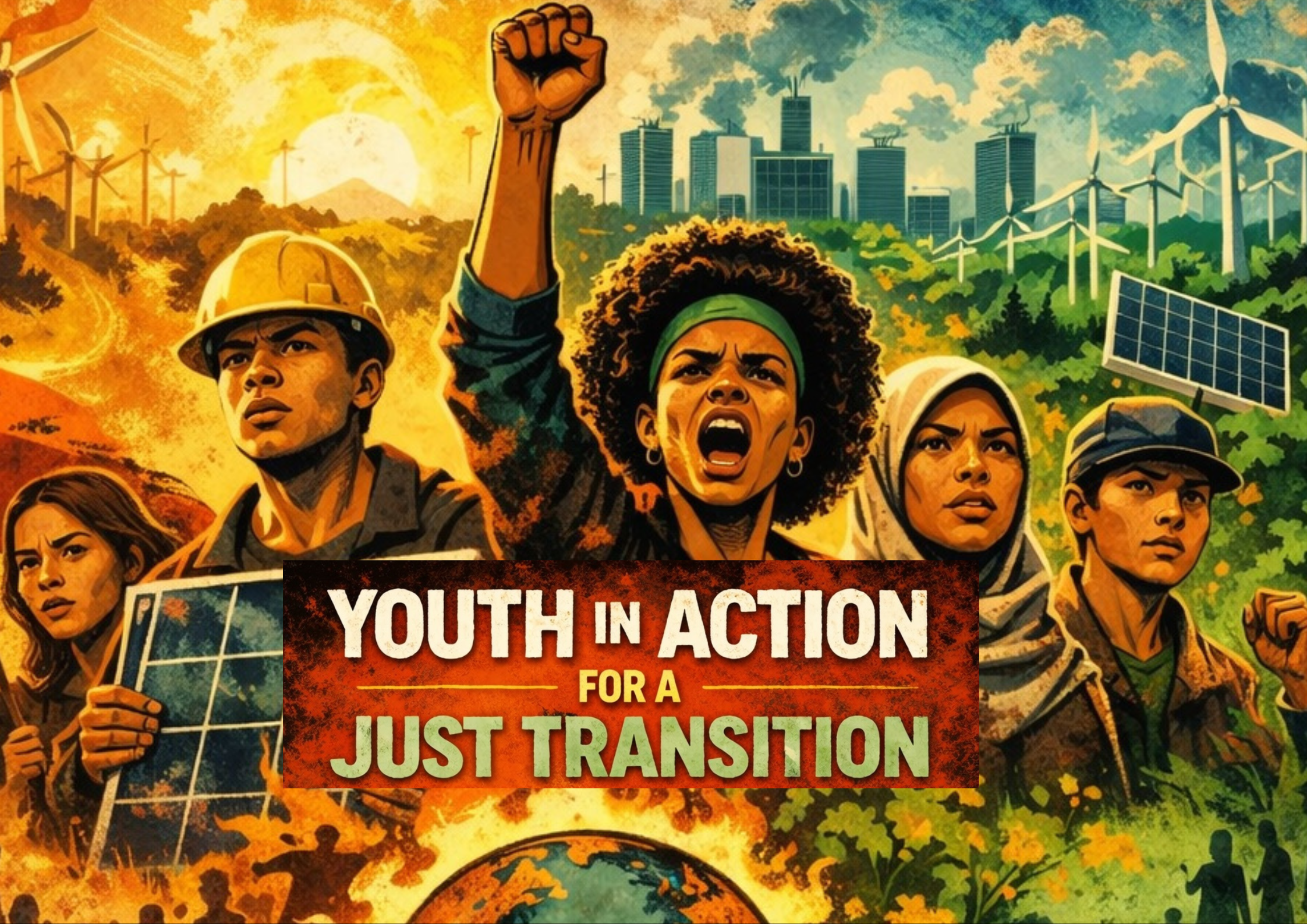

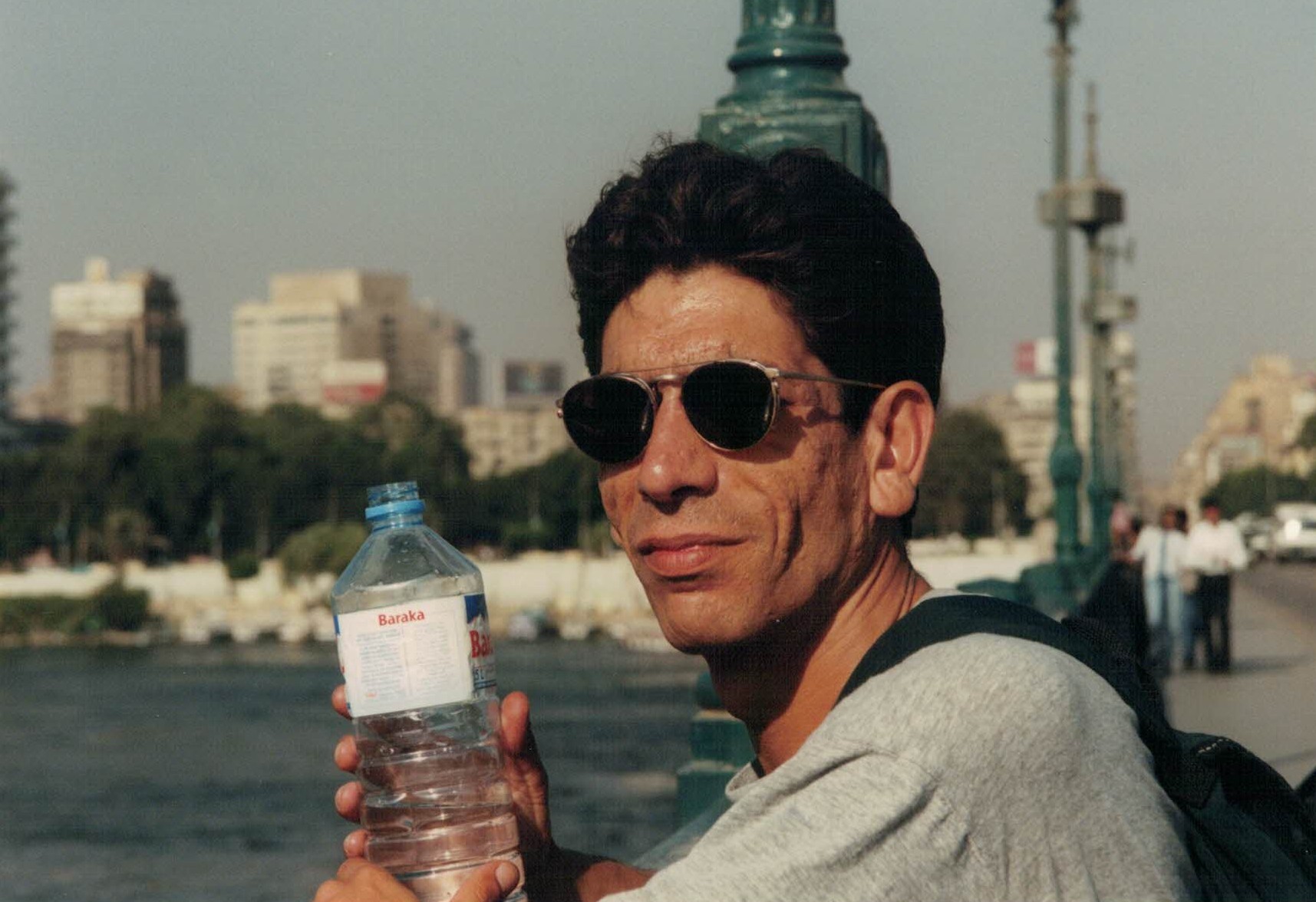
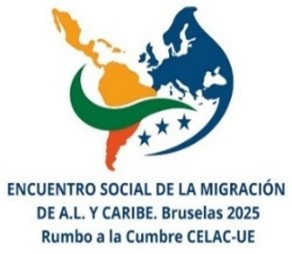
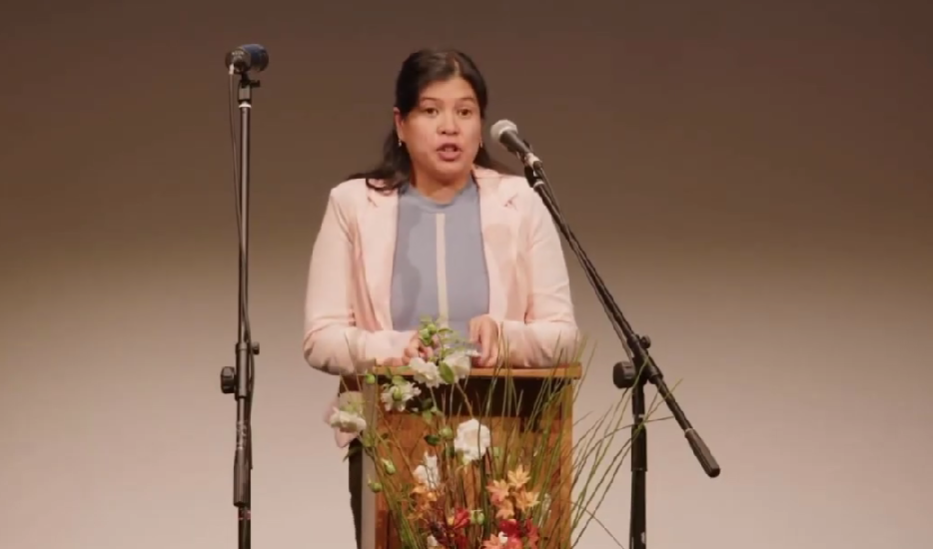

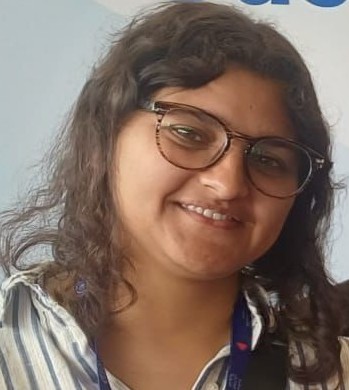





 English
English  Español
Español  Français
Français 